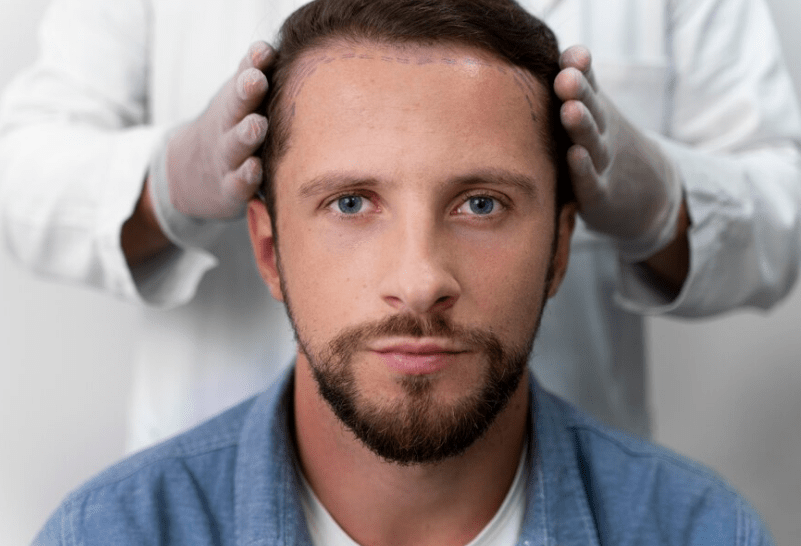Dental specialties are specialist roles that dentists can choose to pursue after completing their general practice and licensing exams. There are many different types of dentistry available, each with its own set of challenges and rewards. The field of dentistry is constantly changing, with discoveries, technologies, and research coming out every day. The demand for skilled dentists continues to increase as more people recognize the importance of regular checkups, good oral hygiene habits, and frequent visits to the dentist. Here’s a brief overview of the types of dental specialties and functions.
Orthodontist
Orthodontists can correct jaw and tooth alignment. Depending on your situation, this specialist might be able to help you if your jaw is unaligned or uneven. Crooked or misaligned teeth can also be corrected by orthodontics. The treatment of these cases can be accomplished using aligners, braces, or palatal expanders provided by an orthodontist. Orthodontists are most common among children, but with the advent of adult braces and other alignments, orthodontists are becoming more popular with all ages.
Endodontist
A dentist specializing in treating dental pulp – the nerves and blood vessels inside a tooth – is called an endodontist. A dentist may refer a patient to an endodontist when there is a problem with the pulp, usually due to an infection or trauma. There is typically a root canal to remove the pulp and clean out the space in which it lies. The purpose of this is to save the tooth and eliminate any infection.
Read More
Dental cavities in kids. What causes it and how to prevent it?
Pediatric Dentist
Pediatric Dentistry is one of the important types of dental specialties. In contrast to general dentists who are allowed to treat patients of any age, pediatric dentists specialize in treating children and teens’ oral health needs, including fluoride treatments. From examining infants’ oral health to managing space after premature tooth loss, pediatric dentists are trained to guide children and teens through their dental growth and development. Other oral health-related services include nutrition counseling, teeth grinding advice, thumb and finger sucking discouragement, and advice on mouth care.
Prosthodontist
Using biocompatible replacements for missing or deficient teeth or oral and maxillofacial tissues is prosthodontics, a field of dentistry devoted to diagnosing, treating, and restoring oral function. Compared to general dentists, prosthodontists repair and replace natural teeth on a larger scale. When teeth are lost or extracted, they will use dentures or crowns (caps) to replace them permanently.
Periodontist
One of the most critical types of dental specialties is periodontology. Periodontists specialize in treating gum disease and gum disease prevention. Scaling and root planing, commonly referred to as a “Deep Cleaning” and consisting of removing all plaque, toxins, and tartar deposits from the root surface and then smoothing any rough patches on the root surface, are some of the treatments used by periodontists to treat more problematic cases or severe gum disease. Removing damaged gum tissue would also be one of the most common treatments.
Oral & Maxillofacial Surgeon
Specifically, this specialty focuses on mouth, jaw, and teeth problems. This specialist is not necessary for all forms of oral surgery. Specialists in oral and maxillofacial surgery are needed for more complicated procedures or for people who need deeper levels of sedation, such as nitrous oxide or laughing gas. Except for anesthesiologists, oral surgeons can administer all levels of sedation. Cleft palate surgery, corrective jaw surgery, and tooth extractions are some of the specialized procedures an oral surgeon can perform.
Oral and Maxillofacial Radiologist
The field of oral and maxillofacial radiology consists of two disciplines: dentistry and radiology. The objective of oral and maxillofacial radiology is to interpret images and data created through all forms of radiant energy that are used to diagnose and treat oral and maxillofacial diseases and conditions (face, mouth, jaws).
Conclusion
Dental specialties are crucial for helping prevent dental diseases. Because dental diseases can dramatically affect a person’s health, dental specialties are essential for maintaining oral health and preventing disease. A large number of specialties within the field of dentistry can make it difficult for a patient to choose which dentist to visit for their oral health care. However, it’s important to remember that dentists can typically provide most dental services. If patients are unsure which specialist is right for them, a referral to the Best dental hospital in Kochi can help guide them to a dental professional who will treat their specific dental condition.









